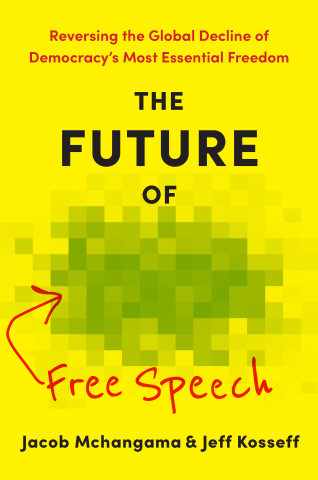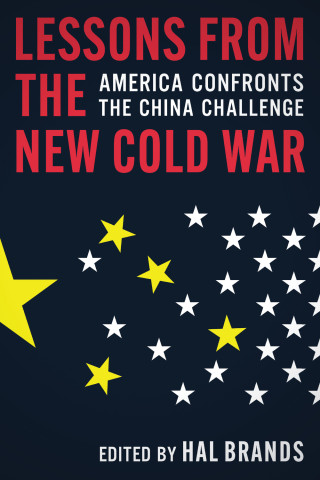
Reviews
Anne Clunan's insightful and careful analysis of the interplay among five alternate Russian national self-images—Western, statist, Slavophile, neo-communist, and nationalist—is likely to be the book's most influential and enduring contribution... this very good book deserves praise and a wide audience both inside and outside the academy.
The author explains lucidly and with originality how... elites determine what will be the 'platform' of the Russian identity.
Clunan does something unusual in this book: she both intervenes in an academic debate over international relations theory and produces fresh insight into the wellsprings of contemporary Russian foreign policy... In the process, she provides an unusually nuanced view of what Russia's current national identity is all about.
The author is to be congratulated for a stimulating, well-researched and well-written study.
[Clunan's] model, based on aspirational constructivism, provides a compelling view of the process by which political elites forge national identity on the basis of a country's understanding ofits past.
Book Details
List of Figures and Tables
Acknowledgments
Note on Transliteration of Russian
1. Introduction: Identity and Interests in World Politics
2. Aspirational Constructivism: A Theory of Identity and Interests
3
List of Figures and Tables
Acknowledgments
Note on Transliteration of Russian
1. Introduction: Identity and Interests in World Politics
2. Aspirational Constructivism: A Theory of Identity and Interests
3. Russian National Self-Images in the 1990s
4. Russia's Foreign Policy Orientations: Ingroups,Outgroups, and Identity Management Strategies
5. Post-Soviet Russia's "Revolutionary Decade" and the Creation of National Identity
6. The Post-Soviet Creation of Russia's Security Interests in Europe
7. The Post-Soviet Creation of Russia's Interests in Nuclear Arms Control
8. Conclusion: Aspirational Constructivism and International Institutional Change
Appendix Methodology
Notes
Bibliography
Index






